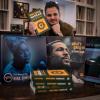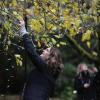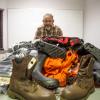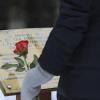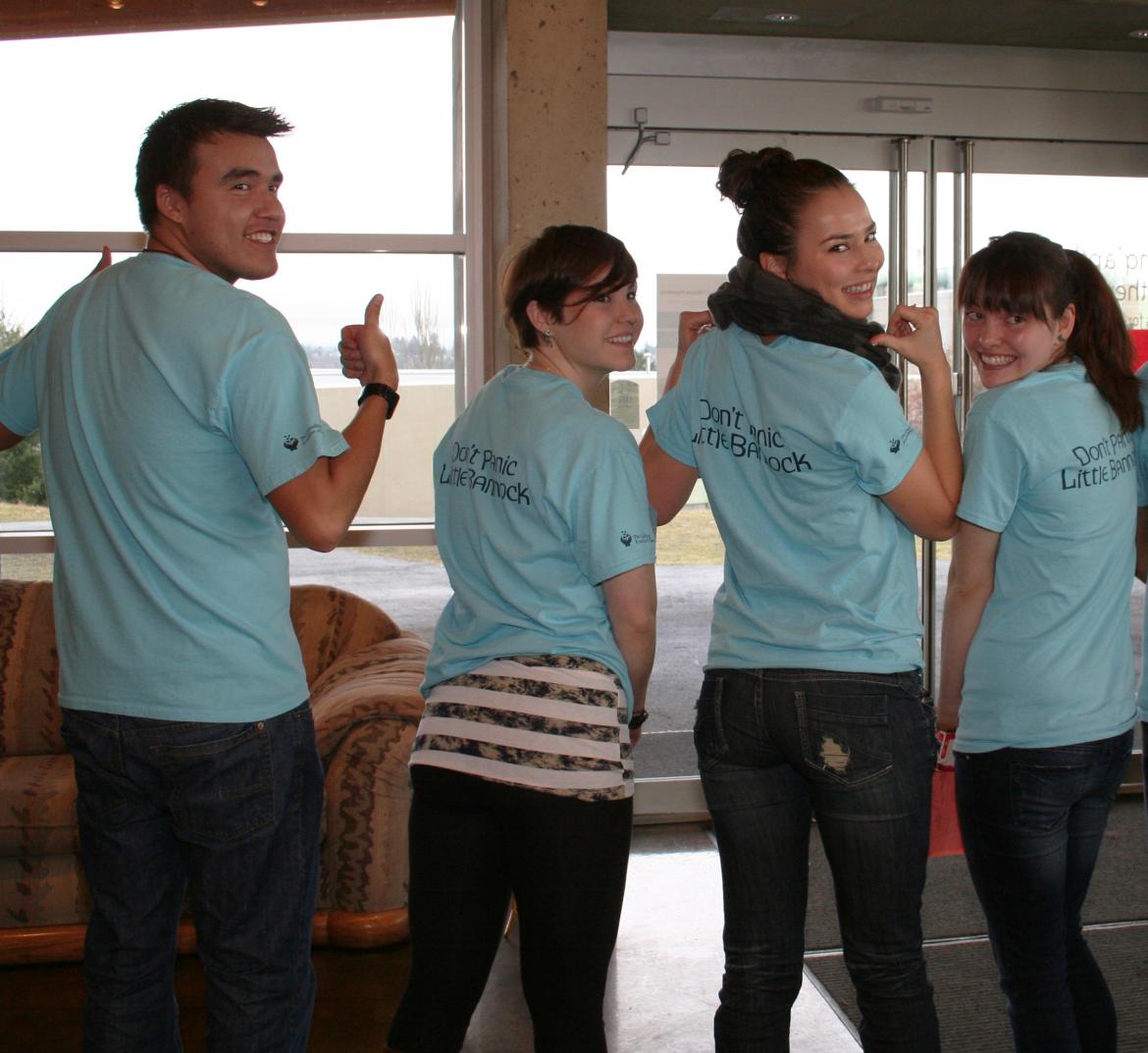
May 6, 2013 - 3:15am
For many Aboriginal students, making the transition to university can be a challenge. They’ve moved from tight-knit communities and are living in an unfamiliar city for the first time, far away from the support of their family and friends.
They’re also trying to make it in a western academic world which for some is very different from the culture they grew up in.
Enter VIU’s Community Cousins, an Aboriginal Mentorship Program, where students act as mentors for other Aboriginal students to help them through the difficult transition.
The Community Cousins program started in 2011 after a pilot project run by Jo Acampora, a Coordinator in VIU’s Continuing Education program. It was so successful that Sharon Hobenshield, Director of Aboriginal Education and Sylvia Scow, Aboriginal Projects Coordinator & Elder Support, put together a proposal and secured funding for a longer term program.
To date they’ve trained 24 mentors (17 are still at VIU) with the purpose of having them show other Aboriginal students that even though they’re far from home and everything that’s familiar, they aren’t alone; and, perhaps more importantly, that the educational journey they’re on is important, worth seeing through to the end, and possible to achieve.
“We do a weekend training session with the mentors,” says Scow, “teaching them leadership and communications skills and trying to connect them so they can become a team and support not only other students but also each other.” They also educate the ‘cousins’ on the different resources available to students both on campus and in the community so they can share that information with others.
Ashley Okrainec, who will start her third year of a bachelor of science in biology in September, has been a part of the Community Cousins program for the past year.
“I think it's a great program,” says Okrainec. “When I first got here I really relied on Sylvia for support and I came to understand how important it was to have that ‘go-to’ person. So when Sylvia asked me if I wanted to become a mentor, I was happy to do it.”
Okrainec believes that her role is not just to support Aboriginal students who are struggling but also to inspire them, by sharing her story and her own struggles and demonstrating through her life that what they’re trying to achieve by going back to school is possible. “Because we’re Aboriginal students, too, we can better relate to where other Aboriginal students have been and what they’re going through.”
Ivy Richardson, who is doing a double major in First Nations studies and political science, became a mentor in September 2012. She remembers feeling lost during her first two years at VIU.
“I really struggled and felt it would’ve been nice to have someone to speak to.”
She feels that the mentorship program has actually helped her, giving her that support system and, through the training, given her skills to deal with stressful situations and support those who are having difficulties.
“I also think it’s important that we have Aboriginal mentors for Aboriginal students because we can better relate to what they’re going through. For example, community and family are really important to First Nations students and sometimes being away from those supports can be really difficult.”
Zakary Myers, a Community Cousin since 2011, agrees.
“It’s so important to know you’re not alone. It’s crucial to have that support from someone who can relate to what you’re going through,” says Myers. “If I see someone like me, who I think might be struggling or unsure, then I pull them aside and just get to know them. Sometimes that’s enough because then people know that others understand them and that they have friends and support at the university.”
Myers is also keen to break some of the negative stereotyping he’s experienced as an Aboriginal person. “I remember being in Grade 9 and I was in an alternate school and one of the school superintendents said something to me like, ‘You’re just a stereotypical native, a drop-out.’ So part of what drives me is I want to break that stereotype and support other Aboriginal students in their educational goals so we can start to break down some of these negative ideas.”
Scow is pleased with how the program is progressing. “It’s been a very organic process in that we’ve allowed the mentors to take the lead on activities and how they feel it’s best to support other students.”
For example, Okrainec makes sure that she’s in Shq’apthut, VIU’s Aboriginal Gathering Place, as much as possible, so other students see her and get to know who she is. That way, if they’re having difficulty they’ll be more comfortable approaching her.
The Community Cousins have also organized a number of events this year including the successful [Celebration of Learning day](http://www.viu.ca/news/page.asp?ID=2373).
“The mentors also hosted our Aboriginal Recognition Ceremony and Year-End Feast,” says Scow.
The program is now entering its third year and Scow hopes she’ll be able to secure funding to keep it going as it plays such an important role in encouraging and supporting VIU’s Aboriginal students.
She also has more students who want to be part of the Community Cousins program including Richardson’s sister Cerena and mom Charlene, who, inspired by her example have now both signed up for the Community Cousins training.
For more information please email community.cousins@viu.ca.
Tags: In the Community


